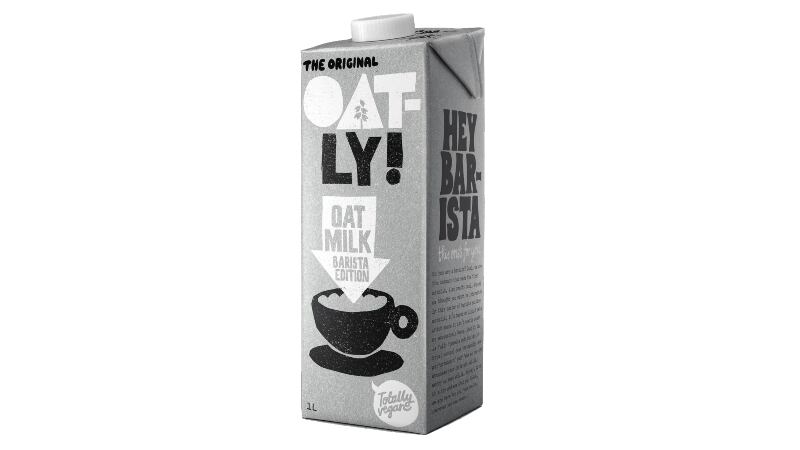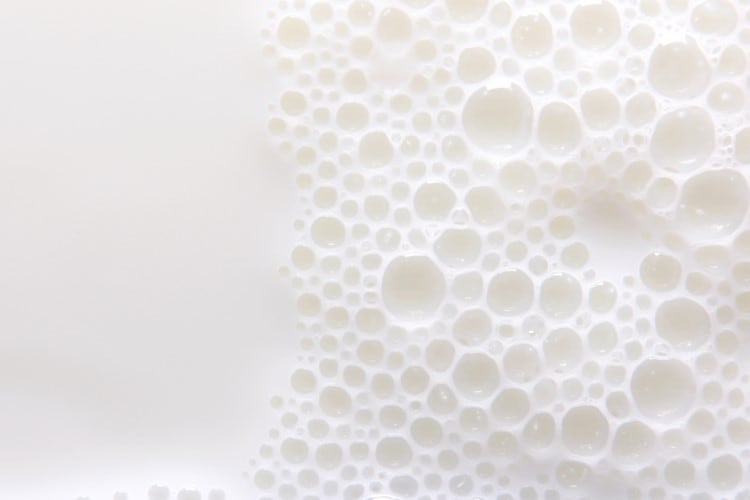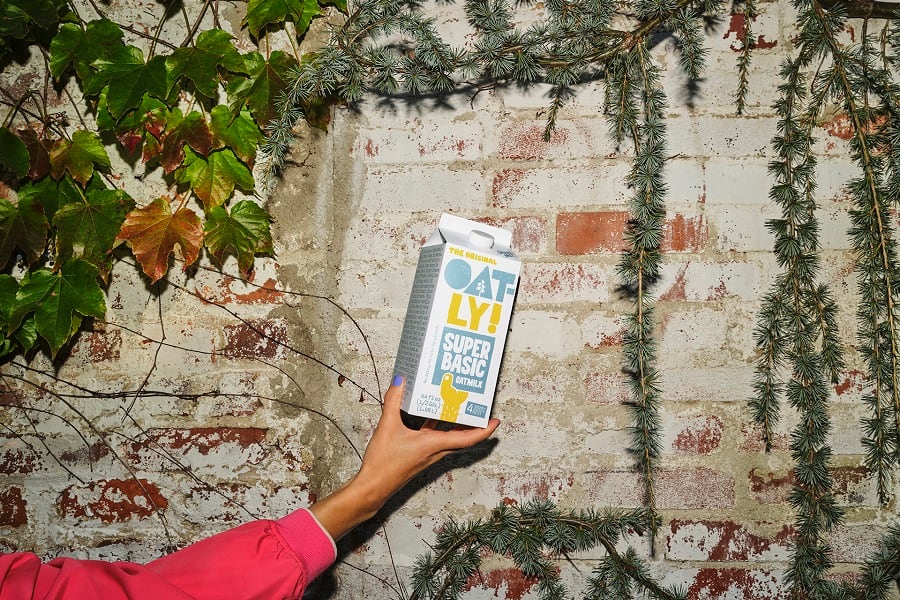“Dairy alternatives and lactose-free products are key to … decrease excessive restriction” for IBS patients following an elimination diet to identify specific food triggers, Robin Lynch, an RDN with the gastroenterologist group Allied Digestive Health, told FoodNavigator-USA.
She explained the three-step low FODMAP diet is an increasingly popular elimination diet in which patients initially stop eating foods high in fermentable oligosaccharides, disaccharides, monosaccharides and polyols (FODMAPs) that can trigger digestive distress in IBS patients whose small intestines poorly absorb short-chain carbohydrates. Those items are slowly reintroduced to identify which ones cause cramping, diarrhea, constipation, bloating, gas and other symptoms of IBS.
Among the many foods restricted during the low-FODMAP diet are those with lactose, which is a disaccharide found mainly in dairy that requires the enzyme lactase to break into glucose and galactose for easier digestion.
While following the low-FODMAP diet, plant-based milk is an important option for patients, said Lynch. “It is tricky though, because many dairy alternatives contain other high-FODMAP foods like cashew, soy, pistachio and coconut, which need to be avoided,” Lynch explained.
“Better options for dairy alternatives for milk include almond, oat, flax and black sesame,” all of which are low in FODMAPs that can trigger digestive distress.
However, even these plant-based milks often contain preservatives, hydrocolloids and other ingredients to extend shelf-life or improve mouthfeel that can cause reactions in consumers with IBS or other sensitivities, Lynch said.
Reducing gums, artificial sweeteners in non-dairy milk cuts risk of flare up
“I try to get people to eat as clean of products as they can,” which in the gastrointestinal world means “looking for the least ingredients,” and avoiding certain gums, stabilizers and artificial sweeteners or sugar alcohols, which are a FODMAP, Lynch explained. But, she said, it is hard because there are limited choices and they tend to be more expensive than dairy or non-dairy alternatives with longer ingredient decks.
For example, she praised Elmhurst’s plant-based milks made with only two to five ingredients. The unsweetened options include only filtered water and the hero ingredient – such as almond – while the sweetened options include cane sugar, salt and natural flavors.
Other recent entries into the clean label plant-based milk category include Oatly’s Unsweetened Oatmilk and Super Basic Oatmilk, milkadamia’s organic Artisan macadamia milk and blends line and Mooala’s Simple line of shelf stable dairy-free milks without gums, fillers and oils.
Oatly’s Unsweetened Oatmilk and Super Basic Oatmilk launched in January in response to consumer concerns about the long lists of unfamiliar ingredients in plant-based milks. The Unsweetened option has zero-sugar thanks to an improved proprietary oat base and the Super Basic Oatmilk includes only four ingredients and relies on upcycled citrus zest fiber for enhanced mouthfeel, according to the company.
Milkadamia’s refrigerated organic Artisan line also debuted in January and skips the fillers and gums that could irritate IBS sufferers.
Consumers want higher protein, more Kosher-certified plant-based options
Beyond cleaner ingredient decks, Lynch says IBS sufferers and low-FODMAP diet followers need options with more allergen-friendly proteins, such as pea, and which are certified Kosher.
To help ensure her patients consume enough high-quality protein without triggering IBS symptoms, Lynch said she often recommends fermented dairy products – such as yogurt and kefir – in small amounts. She explained these are gentler on the stomach because the fermentation that happens to traditional dairy in the gut and which causes discomfort happens outside of the body when the products are fermented.
She said she also recommends so-called “lactose-free” products that include the enzyme lactase to help patients’ bodies breakdown lactose efficiently in the body so that it does not pass into the gut as a disaccharide and cause discomfort.
Lynch’s patients often tell her that they choose yogurt that calls out probiotics on the labeling – underscoring the importance of the claim even when it is not a point of differentiation.
Even these products can be problematic in large amounts or for some patients, said Lynch. For those patients, Lynch said, she would like to see more protein-fortified plant-based options. She noted the pea, while a trigger for some IBS sufferers, is fine when it is just the protein – making it a good choice for low-FODMAP dieters.
While R&D can take time, Lynch suggested the long-term market potential for more non-dairy products that comply with the low-FODMAP diet would support innovation.
She explained: “As the low-FODMAP diet becomes more and more mainstream, I anticipate the market for dairy alternatives and lactose free products to expand even more than it has in the past 10 years.”




